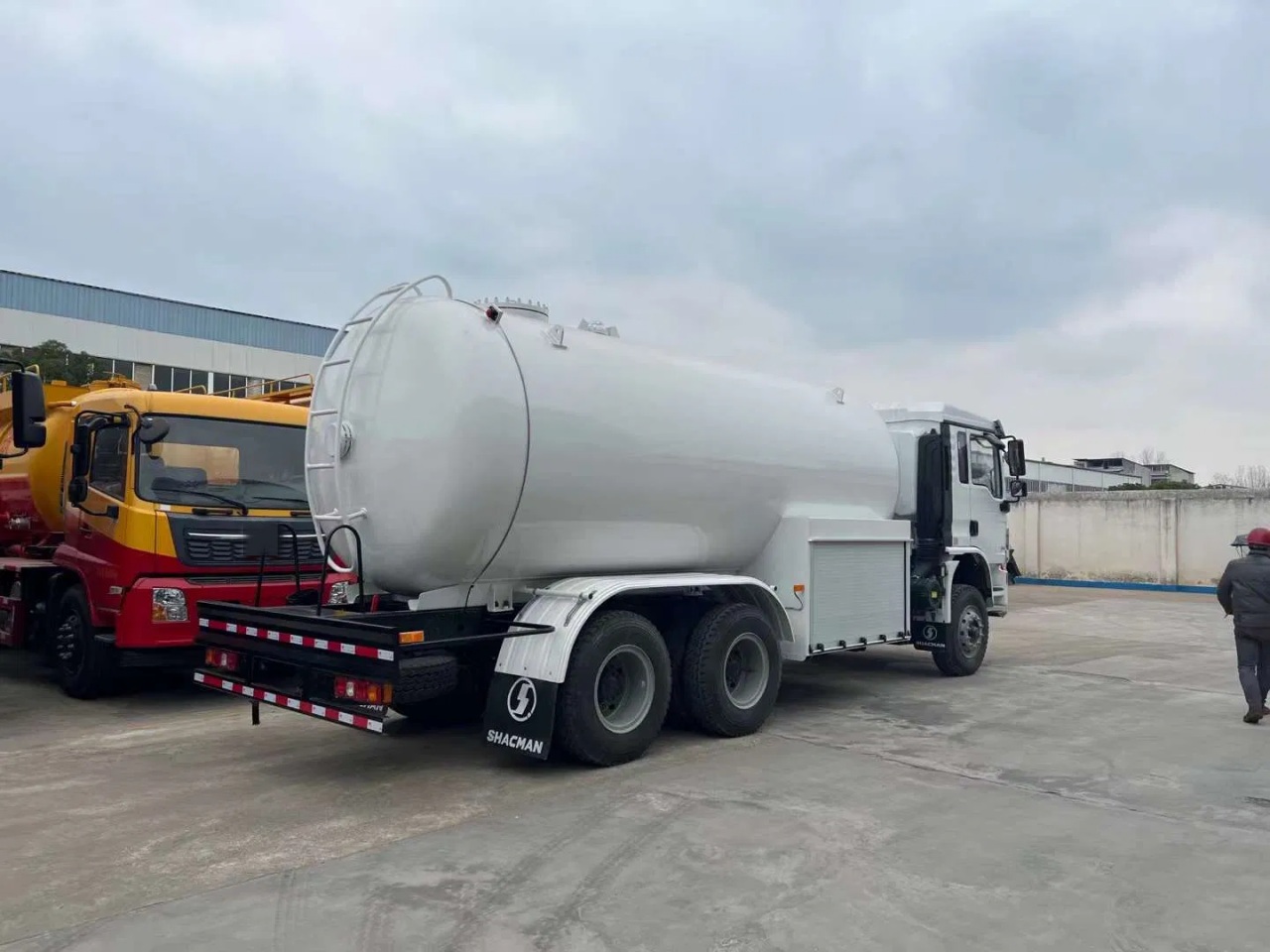In the world of fuel and energy, particularly in residential, commercial, and industrial applications, propane is a well-known and widely used fuel. However, when you see the term “LP” associated with propane, you may wonder what it stands for and why it is used. In this article, we’ll explore the meaning behind LP in propane, how it relates to the gas itself, and the significance of LP gas in various industries.
What is Propane?
Before delving into what LP stands for in the context of propane, it’s important to understand what propane is. Propane, chemically known as C3H8, is a colorless, odorless, and highly flammable gas that is part of the liquefied petroleum gas (LPG) family. Propane is produced during both natural gas processing and petroleum refining. It is a widely used fuel for heating, cooking, and even powering vehicles, particularly in areas where natural gas is not readily available. In addition, propane is used in industries ranging from agriculture to construction, as well as in residential heating systems.
One of the key reasons propane is so widely used is its ability to remain in liquid form when stored under pressure or at low temperatures, making it much more energy-dense and easier to store and transport compared to other gases like natural gas.

What Does LP Stand For?
The term “LP” is commonly associated with “LP gas” or “liquefied petroleum gas.” In the case of propane, LP stands for “liquefied petroleum.” While it is often used interchangeably with “LPG,” there is a subtle distinction between the 2 terms that is important to understand.
- LP Gas (Liquefied Petroleum Gas): LP gas is a term used to describe a mixture of gases, including propane and butane. Both propane and butane are hydrocarbons that belong to the larger category of liquefied petroleum gases. LP gas can be in the form of pure propane or a mixture of propane and butane, which is what is most commonly used in residential and commercial heating, cooking, and other applications. The term “LP” is used to highlight the fact that the gas is stored in a liquid form under pressure.
- LPG (Liquefied Petroleum Gas): LPG is a broader term that refers to the mixture of gases derived from the refining of natural gas and crude oil. LPG typically consists of propane, butane, and other related gases. While “LP” is a more commonly used term in the United States, “LPG” is more universally recognized internationally.
In short, the “LP” in propane refers to the fact that the propane is part of the liquefied petroleum family of gases, and it is stored in liquid form under pressure. When the pressure is released, the liquid propane turns back into gas and can be used as a fuel source.
The Role of LP Gas in Different Industries
LP gas, including propane, plays a significant role in many sectors. Here are some examples of how LP gas is used in various industries:
1. Residential Use
One of the most common uses of LP gas is in residential applications. Homeowners use LP gas to heat their homes, power their water heaters, and cook their meals. Propane is an ideal choice for areas that are not connected to a natural gas pipeline, making it a popular choice for rural and remote locations.
In addition to traditional home heating, propane is also used to fuel gas fireplaces, clothes dryers, and outdoor appliances such as grills and patio heaters.
2. Commercial Use
LP gas is used in various commercial settings. For example, restaurants often use propane-powered stoves, ovens, and fryers for cooking. Many businesses in the food service industry rely on LP gas because of its efficiency and the convenience of portable fuel tanks.
Additionally, many businesses use propane-powered forklifts in warehouses and manufacturing plants. The advantage of using propane in these industrial vehicles is that it can be easily refueled, allowing operations to run smoothly without the need for extensive downtime or the infrastructure required for electric-powered equipment.
3. Agricultural Use
In the agricultural industry, propane is used for a wide range of applications, from powering irrigation systems to heating greenhouses. Propane is also a common fuel for crop dryers, which are used to dry harvested grains. Its portability and efficiency make it an excellent option for farm operations, especially in rural areas where electricity might not be readily available.
4. Transportation and Vehicles
Another notable use of LP gas is in alternative fuel vehicles, especially in fleet operations. Propane-powered vehicles are commonly used in commercial fleets, such as delivery trucks, buses, and even police cars. Propane is considered a clean-burning alternative to gasoline and diesel, offering lower emissions and better fuel economy.
In addition to these, there is a growing market for propane-powered vehicles in the consumer market. These vehicles can run on either propane or gasoline, providing flexibility and environmental benefits.

Benefits of LP Gas
There are several advantages to using LP gas, particularly in the form of propane. Some of the most notable benefits include:
1. High Energy Density
Propane has a high energy density, meaning it can store a large amount of energy in a small volume. This makes it ideal for portable fuel tanks, as it can be stored and transported efficiently without taking up a lot of space.
2. Clean Burning
Propane burns cleanly compared to other fossil fuels like coal and oil. It produces fewer emissions, making it a more environmentally friendly choice for both residential and commercial applications. When burned, propane releases only a small amount of carbon dioxide and very little particulate matter.
3. Versatility
Propane is incredibly versatile and can be used for a wide range of applications, from heating homes and businesses to powering industrial machinery. It can also be used for cooking, hot water heating, and even as a fuel for vehicles.
4. Reliable Supply
Propane is a stable and reliable fuel source. Unlike natural gas, which requires an extensive infrastructure of pipelines, propane can be stored in tanks and delivered directly to homes or businesses. This makes it particularly valuable in rural or remote areas that are not connected to a gas grid.
Conclusion
In conclusion, “LP” stands for “liquefied petroleum” when used in the context of propane. Propane is a type of LP gas, and the term LP highlights the fact that the gas is stored in liquid form under pressure for easy transportation and storage. While “LP” and “LPG” are sometimes used interchangeably, they refer to the same family of gases, with LP being a more commonly used term in the U.S. Understanding what LP means helps clarify the nature of propane and its role in the global energy landscape.
With its many applications in residential, commercial, agricultural, and transportation sectors, propane (or LP gas) continues to be an essential fuel source. It is efficient, portable, and relatively clean-burning, making it a valuable resource for a wide variety of industries. Whether you’re heating your home, cooking a meal, or fueling a vehicle, LP gas is a versatile and reliable fuel choice.


